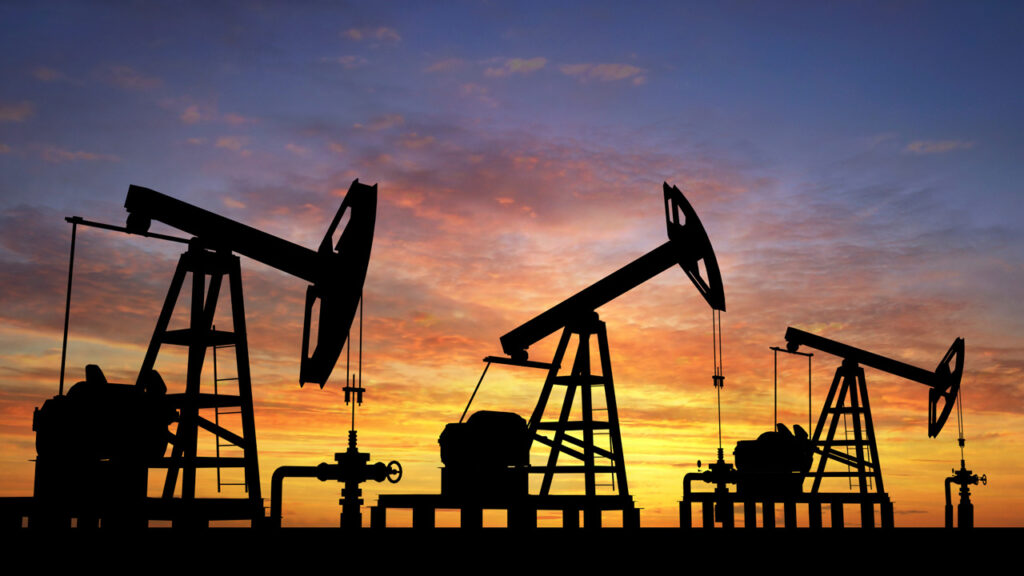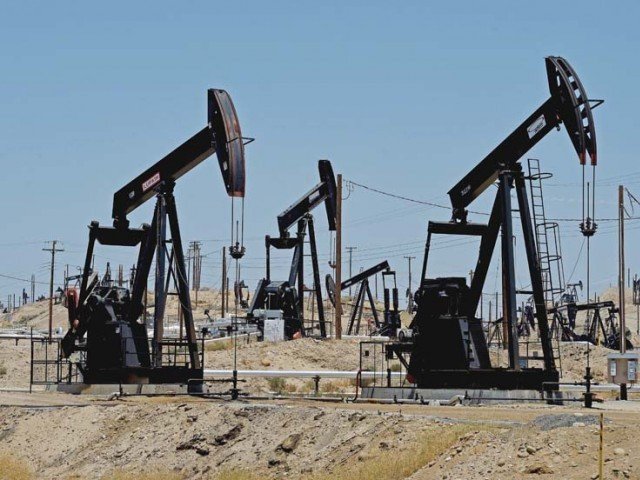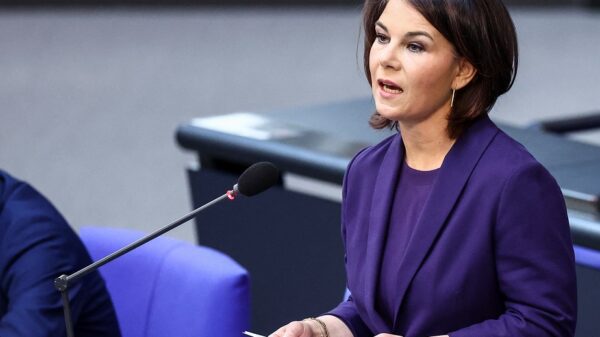With oil prices at all-time highs, the government has chosen to go forward with deregulation in the oil sector and has requested the Oil & Gas Regulatory Authority (Ogra) to figure out the specifics in collaboration with oil refineries and marketing firms.
Dawn was told by a high-ranking government official that to increase competition and efficiency, the government has requested Ogra to work out the details of a plan to deregulate the oil industry.
Thirteen percent of the country’s energy needs are met by oil. Not a single refinery has been built in over ten years, even though there is a profitable market there. In a similar vein, refineries that already exist have not been kept up to date with the most recent innovations in the industry.
Despite more than half of its supply being based on well-documented domestic production, the government and the regulator have been fighting to maintain competition and efficiency in the much smaller section of the petroleum sector—liquefied petroleum gas (LPG)—for the past two decades.
Ogra “gave orders to the Chief Secretaries and district authorities to ensure that LPG is supplied at prices declared by Ogra on September 1,” a statement said on Monday. The pricing for producers is Rs 2,013 per 11.8 kg cylinder, while the prices for consumers are Rs2,496.
In contrast, the market price of the product varied from Rs2,700 to Rs3,000 per cylinder, and it is steadily increasing due to the increased demand caused by donors for flood victims and the normal winter necessities.

LPG plants and distributors were also “directed to display the LPG selling price on gate/passes and receipts for convenience of the general public,” Ogra said, citing the LPG Production and Distribution Rules 2001, the Petroleum Products (Petroleum Levy) Ordinance 1961, and other applicable laws.
According to a government official, after the liberalization of gasoline prices, Ogra will be free to issue such letters with little fear of retaliation.
On September 7, the regulator convened a meeting of all the refineries, marketing businesses, and marketing associations, including the now-defunct Oil Companies Advisory Council (OCAC) and its lesser counterpart, the Oil Marketing Association of Pakistan (OMAP).
Officials added that all relevant parties had been called to present on the topic of “Deregulation of the Oil Sector,” which would include the refining and marketing industries.
They claimed that allowing private corporations to set oil prices and distribute them at retail would be the result of deregulation.
Instead of attempting to get distribution profits from the government, these businesses would be free to establish pricing based on market forces alone.
Experts in the retail oil marketing industry believe that deregulation would result in the elimination of the standardized ex-depot price established by the government across the country via the inland freight equalization margin.
In cities with a refining base, such as Karachi, Multan, and Rawalpindi, retail costs may decrease by Rs2–3 per liter, while prices in rural and far-flung places may increase by Rs6–8 per liter.
Even though the government and the regulator are working hard to protect urban consumers through surveillance and monitoring, their reach and effectiveness are limited by experience.
As a result, rural consumers will be largely at the mercy of retailers who begin suffering in the form of black-marketing ahead of increasing price trends and widespread adulteration.
Mahnur is MS(development Studies)Student at NUST University, completed BS Hons in Eng Literature. Content Writer, Policy analyst, Climate Change specialist, Teacher, HR Recruiter.










